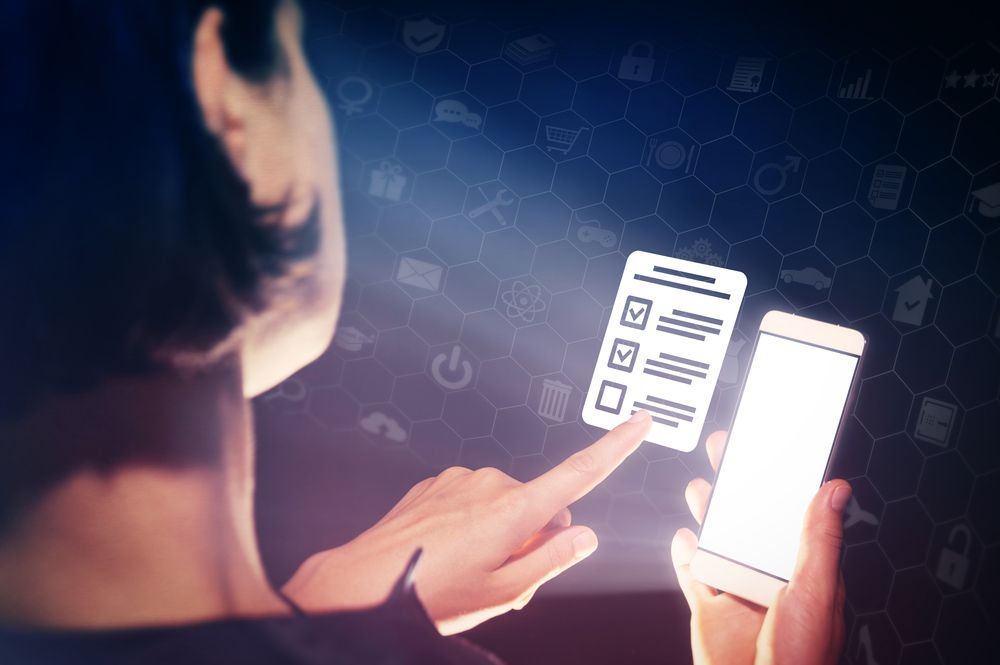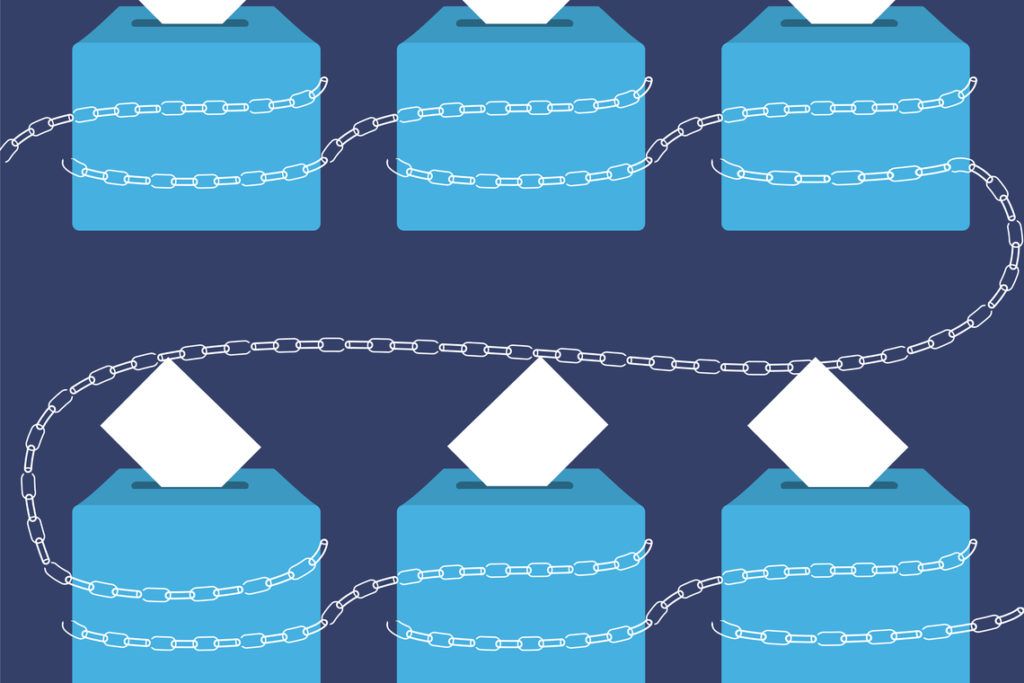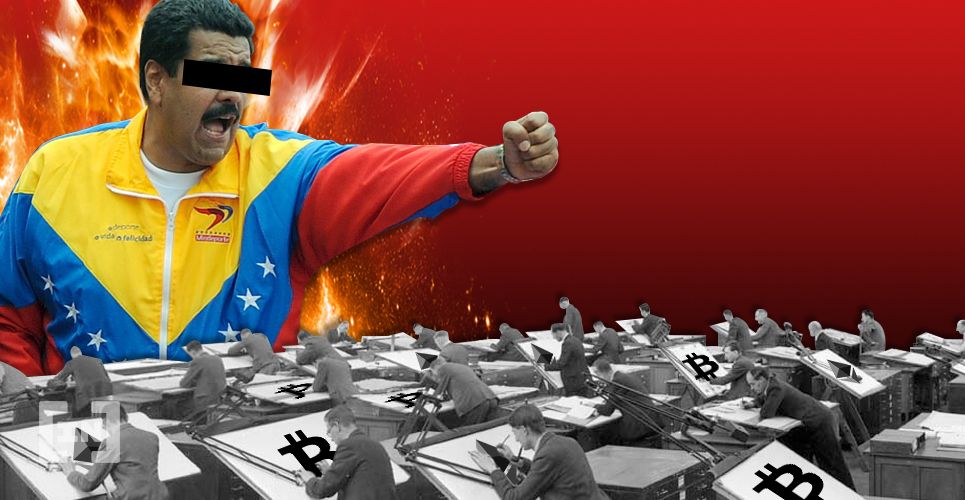Juan Guiado, the opposition leader of Nicolas Maduro’s regime in Venezuela, held an ‘unofficial’ referendum that resulted in millions casting their votes.
The referendum was to decide on whether Maduro should resign from his position or remain in power. Over 6.5 million Venezuelans voted using a blockchain system.
The referendum was held on the Voatz platform, a pro-democracy blockchain-based application where citizens have the opportunity to securely and transparently vote.
At the same time that the referendum was taking place, Maduro’s government held parliamentary elections that are being widely criticized by a variety of world governments for being somewhat or fully fraudulent.
Voatz is integrated into the Telegram messaging app, and Venezuelan citizens were able to cast their votes on the app last week over a four-day period.

Blockchain technology is known to be able to provide a variety of features that are important to uphold fair and truthful voting standards, such as being decentralized, transparent, and immutable.
These factors have led to other jurisdictions testing blockchain-based voting, such as in the U.S. states of Colorado, West Virginia, and Utah. However, many are still skeptical of this new technology.
In a best-case scenario, blockchain-based voting can provide citizens with secure, trustworthy, and transparent voting in an election. Blockchain technology can allow users to validate themselves before voting using biometric or identification data. Users can then cast their votes anonymously and transparently.
With the ability to verify where each vote is coming from without specifically tying individual voters to their votes, distributed ledger technology may be able to provide a new way to ensure a fair and democratic voting system in countries where leaders are corrupt and fraud is more commonplace.

As the U4 Anti-Corruption Resource Center put it,
“Blockchain technologies are attracting development organizations and anti-corruption communities because of their potential to prevent corruption and protect public registries from fraud and tampering.”
Contention around election results is prevalent in places all over the world. As the security of these decentralized and blockchain-based voting platforms gets stronger, we may see them more widely implemented.
Disclaimer
In adherence to the Trust Project guidelines, BeInCrypto is committed to unbiased, transparent reporting. This news article aims to provide accurate, timely information. However, readers are advised to verify facts independently and consult with a professional before making any decisions based on this content. Please note that our Terms and Conditions, Privacy Policy, and Disclaimers have been updated.


